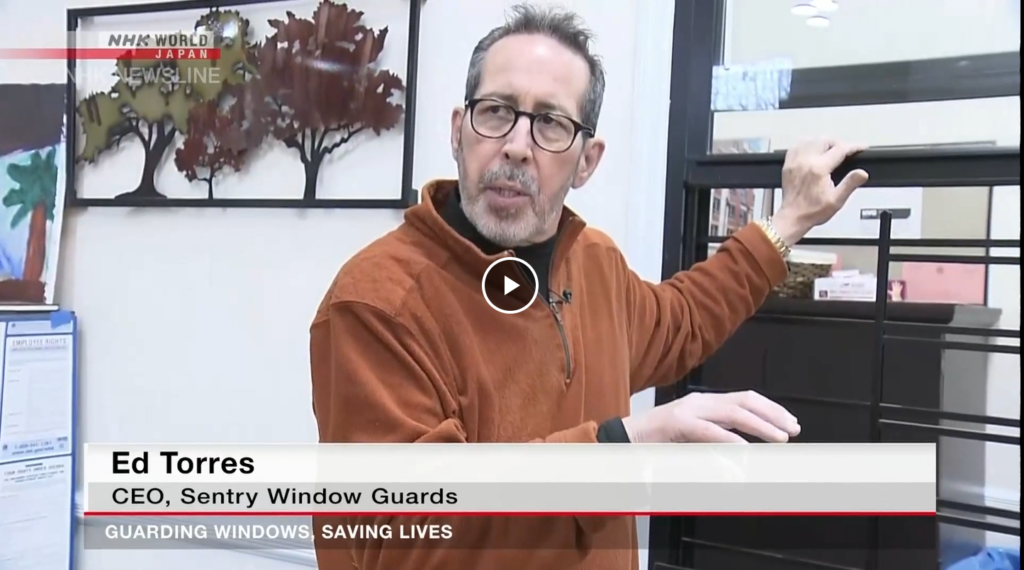Everything You Need to Know About Window Condensation
Have you ever wondered what exactly is window condensation and what can be done about it? The good news is that small amounts of window condensation are generally harmless and will easily evaporate. However, continued condensation can become a problem by supporting mildew growth and damaging the home’s structure.
What causes window condensation?
Window condensation occurs when invisible water vapor in the air condenses onto glass. The water vapor in the warm, moist air turns into liquid and clings to your windows because they are generally the coldest surface in your home. Most often condensation occurs when there are extreme temperature differences between the indoors and outdoors. It will usually be seen on the inside of windows during winter months and the outside of windows during summer months. The energy efficiency of modern, air-tight homes makes it harder for moisture to escape, forcing it to condense on your windows.
What can be done about window condensation?
Temporary or short-term window condensation can usually be remedied with the following adjustments:
- Run exhaust fans in the kitchen and bathrooms to dispel the excess moisture caused by cooking and showering.
- Open drapes and blinds allowing air to circulate around the windows.
- Keep your indoor humidity level in the desired range – less than 60 percent in the summer and 25-40 percent in the winter. Depending on your circumstances, you may need to enlist the help of humidifiers or dehumidifiers to achieve these levels. Remember, your windows are often the first indication your indoor humidity levels are elevated. Over time, too much humidity can damage insulation, leave stains on the walls and ceiling, and in extreme cases, lead to structural damage in your home. Investing in a hygrometer will help you keep close tabs on the humidity level in your home.
- If weather permits, crack open a window to air out your home.
- Add storm windows or replace existing single-pane windows with insulated windows.
When should you worry about window condensation?
There is no need to worry about condensation unless you notice constant moisture problems, water damage, mildew, water stains, peeling paint, rotting wood, or moisture on exterior walls. These are an indication of a more serious problem that needs to be addressed by a professional. Also, if you find condensation between the two layers of glass in an insulated window, this means the airtight seal has broken and the glass will need to be replaced.
Sentry Window Guards is your one-stop solution for window guards and window stops. We have worked with nearly every architect, management company, and project developer in the New York area. We pride ourselves on being one of the most reliable and affordable window guard providers in the industry. By creating strong relationships with some of the largest window manufacturers, we can provide the most economical solutions for your project. For more information regarding our products and how they keep everyone safe at home in NYC, contact us today!









